What does it mean to be a body in this world? It’s the question animating Brandon Taylor’s Filthy Animals. Our fleshy bodies and fragile minds complicate our experience of other people and isolate us from one another. As with Real Life, Taylor’s first novel, this short story collection displays his talent for rendering the precise inflection of a relationship while exploring the drama of the body.
In ‘Potluck’, Lionel, a gay, black graduate student who has recently tried to commit suicide, meets Sophie and her partner Charles. Always ‘arriving at the moment just as it was ending and everyone was moving on’, Lionel connects with Charles and they sleep together. Four other stories track the development of this complicated triangle, as Lionel, beginning to reveal himself to the couple, discusses for the first time ‘the whole’ of his suicide attempt. We are made aware of their bodies: Lionel shows Sophie his ‘cluster of keloids, with their tannish, reddish undertones’, while in another scene we feel the intimacy of his sex with Charles: ‘Charles was opening him again with the wet from his own mouth, wearing thin the membranous boundary that kept the world out.’
Physicality, for Taylor, is a reminder of our feral nature. Our battle with it is part of living, and it is not always successful. In the title story, a teenager struggles to separate himself froma group of violent friends who have met at Sunday school — but ‘something had gone wrong in each of them, something turning suddenly hard and cold and malicious. A wildness in them waking up’.
This world of frail bodies and vulnerable minds might seem grim; but when we let loose our instincts, the results can also be marvellous. In ‘Anne of Cleves’, Marta is troubled by being seen as lesbian — until‘All that touching. All that seeing. All that being seen… it had become the best part of her life, she thought.’
Got something to add? Join the discussion and comment below.
Get 10 issues for just $10
Subscribe to The Spectator Australia today for the next 10 magazine issues, plus full online access, for just $10.
You might disagree with half of it, but you’ll enjoy reading all of it. Try your first month for free, then just $2 a week for the remainder of your first year.

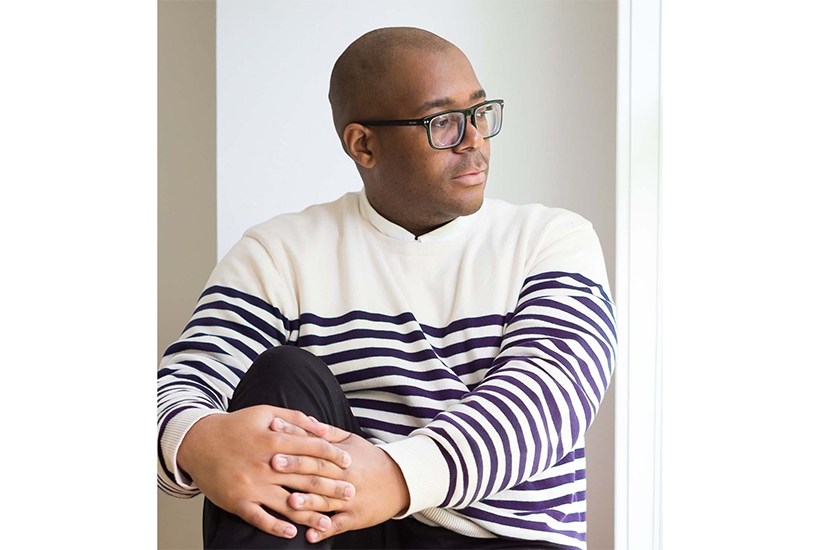
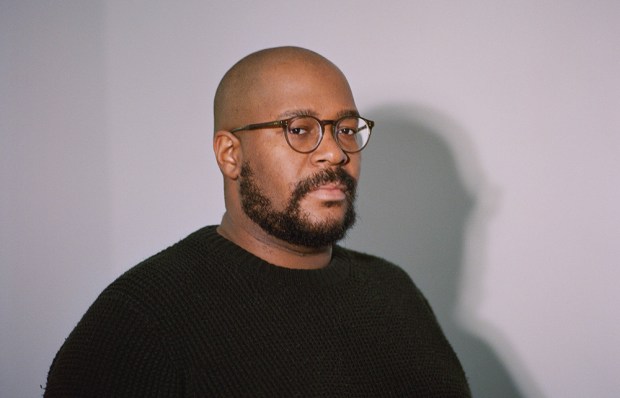


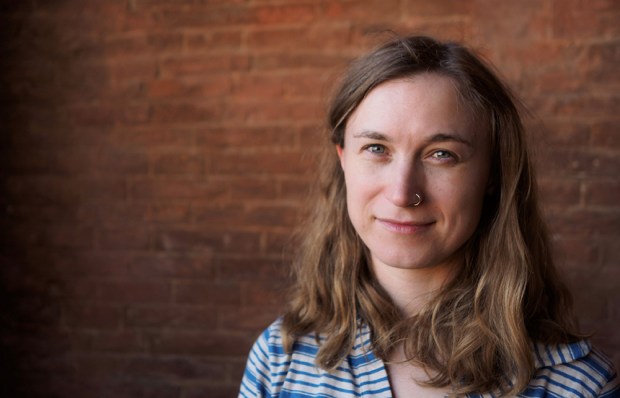
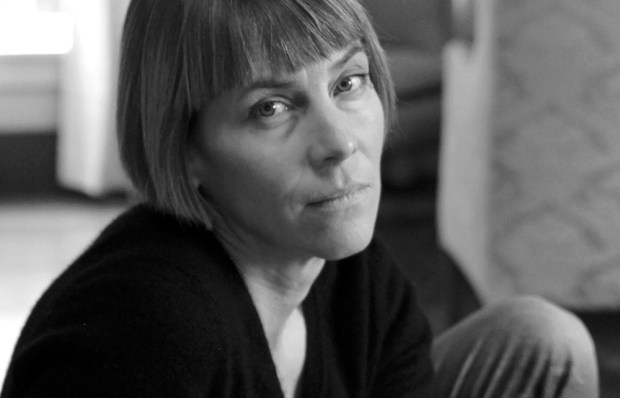
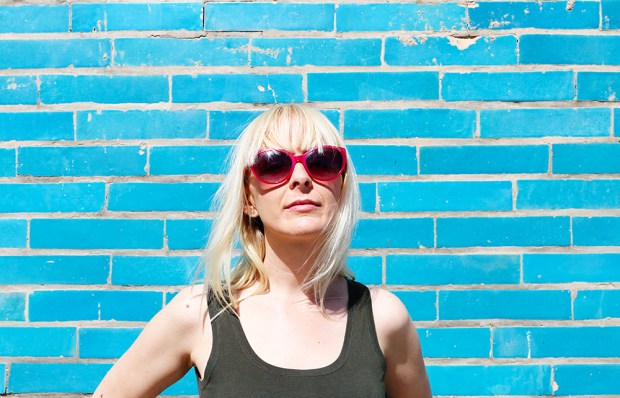






Comments
Don't miss out
Join the conversation with other Spectator Australia readers. Subscribe to leave a comment.
SUBSCRIBEAlready a subscriber? Log in